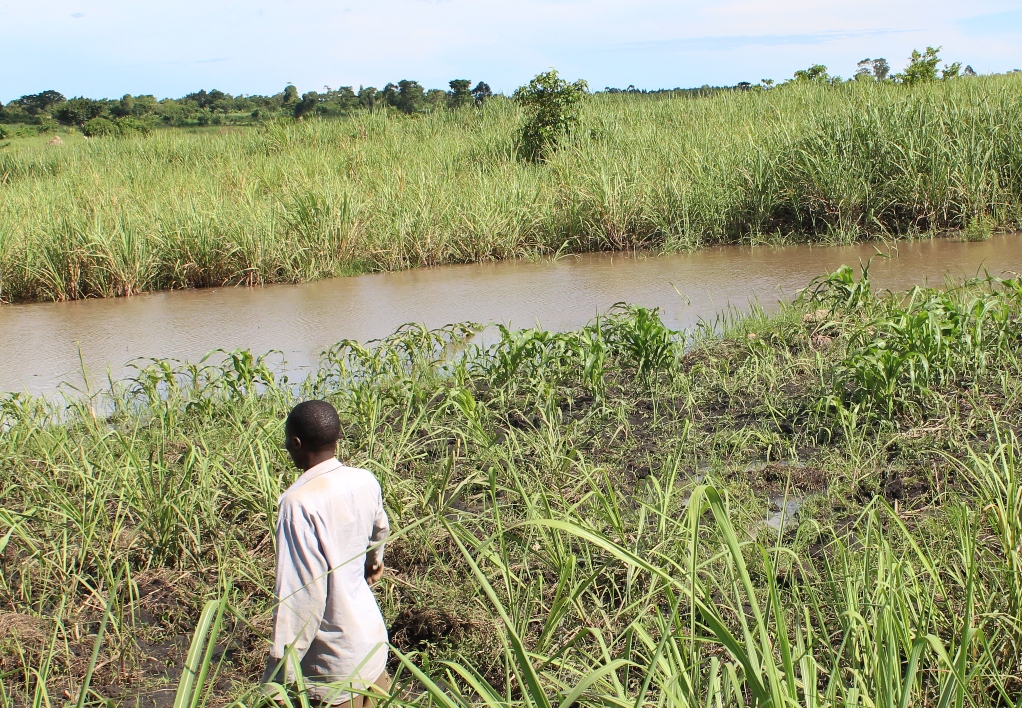By George Bita
As the seasonal rains persist in most parts of Busoga sub-region, farmers are expressing worry over implications to their farm yields.
According to Musa Kasone, a farmer at Budooma village in Luuka district, the too much rain has already caused yellowing of bean plant leaves which may negatively impact on the harvest.
“You see bean plants need rains in the first months before flowering stage. After that, there is need for sunshine to make the pods set and later dry for a bountiful harvest,” Kasone told New Vision on Monday.
He argued that the continued rains have instead made the beans turn yellow and some seeds rotting instead in the pods.
“This means we may have low yields to get out of the fields. It is saddening given that we invested a lot in farm inputs like fertilisers, spraying and so on,” he lamented.
Patrick Kyakulaga, an urban farmer at Buwongo zone, Iganga municipality said that the rains have flooded crop fields in low-lying areas leading to widespread damage.
“Nowadays farmers have taken over marshlands to grow maize, rice and sweet potatoes. However, much of these areas are under flood waters affecting crop productivity,” Kyakulaga said.
Fred Izimba, a fish farmer at Bugongo village, Nawandala sub-county in Iganga district narrated that lots of rain ended up flooding one of the fish ponds at night.
“I had a busy day the following day, setting up better mud-barriers and metallic protection around the 30x60ft pond which is keeping 3, 000 catfish,” Izimba said.
He added that the fish which had escaped ended up sheltering in a hitherto unused pond on location.
“This could have been a huge loss had the fish been swept off into the natural marshland. There would be no way we could have effectively brought them back,” Izimba said.
He expressed worry that the heavy rains have ruined some access roads which may equally make marketing of farm produce problematic.
Paul Dyogo, the Kaliro district environment officer attributed increased flooding in marshlands to uncontrolled encroachment on the natural habitat.
“The farming activities have ended up blocking natural drainage channels in the wetlands. In the long run, when it rains heavily, floods have to come up as nature tries to fight back man’s destructive actions,” Dyogo said.
Apollo Musita, the Namutumba district agriculture officer urged farmers to trap the rain for use during the dry spells.
“There is always a silver lining on every dark cloud. Why should we lament when we have too much rain and then turn around to cry when the dry season sets in,” he observed.
He implored local farmers to set up rain harvesting facilities that may enable them irrigate farmlands all year round.
“As we lament about the losses lets use this rain to help us recover by planting throughout the year. I know of areas where groundnut gardens, maize and beans have been swept away by stormy conditions but any seasoned farmer should learn to survive such shortcomings,” he emphasised.






